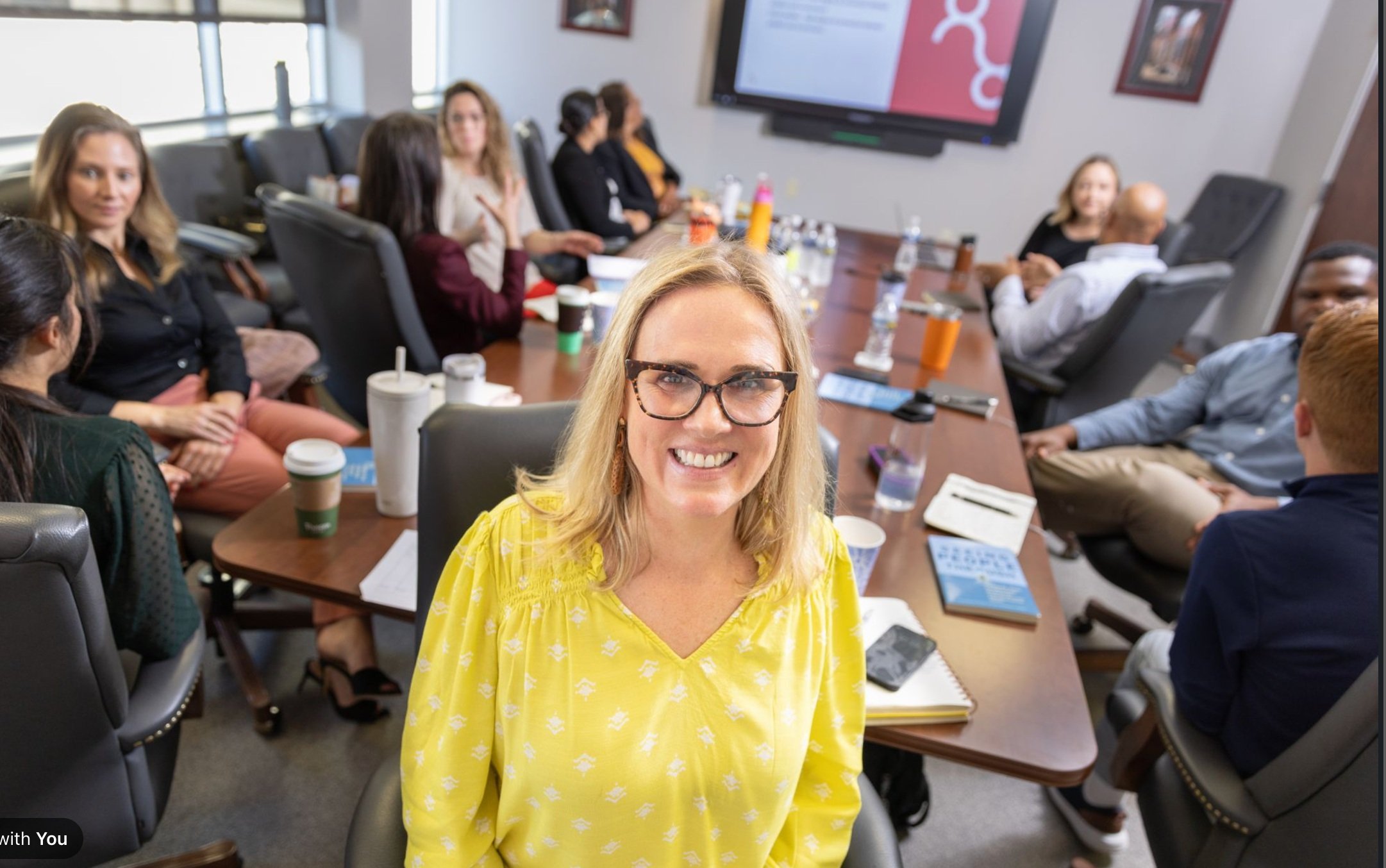Projects - Leading systems change - Evaluating systems change
Teaching Systems Change to Community Health Fellows
Overview
The Leonard Parker Pool Institute for Health (LPPIH) is reimagining what it means to invest in health, not just through services or hospitals, but through community-centered systems that support well-being at every level.
Their work focuses on creating the conditions where more people can be healthy and thrive, by strengthening networks, nurturing leadership, and aligning partners across sectors.
Our Collaboration
For the past five years, Rachel Sinha has served as a faculty partner for the LPPIH Fellowship, helping equip a new generation of community and organizational leaders with the skills and mindset to drive systemic change in health.
Through interactive workshops and coaching, Rachel’s teaching supports fellows to:
Understand and apply systems thinking to complex health challenges
Strengthen collaboration and trust across organizational and community boundaries
Explore adaptive leadership practices that center equity and community voice
Build the reflective and relational capacity to sustain long-term change
Impact
Over five years of partnership, the LPPIH Fellowship has become a cornerstone for regional systems change, cultivating leaders who see health not as a single sector, but as a shared ecosystem.
Graduates are now leading initiatives that address the social, economic, and environmental factors shaping health outcomes across the Lehigh Valley.
Rachel’s role has helped deepen the Fellowship’s focus on inner and outer systems, linking personal reflection with collective action, and ensuring that health transformation is grounded in relationships, empathy, and shared purpose.
The LPPIH Fellowship is a living example of what it means to move beyond programs and into systems-level health work, building the human infrastructure needed for communities to thrive.
By investing in people and connection, LPPIH is modeling a new approach to health: one rooted in collaboration, curiosity, and care.
"I’m ecstatic with how it went well. I’m so pleased. We got so much done in such a short period of time and now I feel like what we have is workable and something to run with.
The community coming together aspect was obviously really important. The space (the STL zoo) was fun and inspiring.
The previous Strategic Plan was my nemesis and now I feel what we have is relevant, achievable and takes into account the challenges we're dealing with. I feel energized and hopeful."
-Tammy Orahood, Director, Global Programs at the Brown School, WashU


